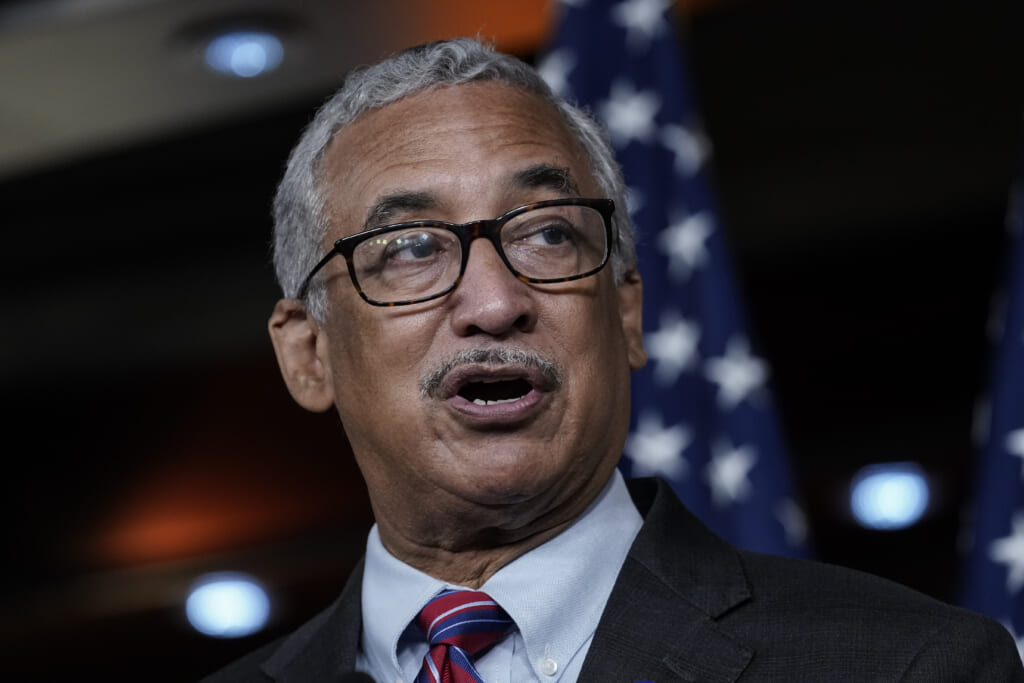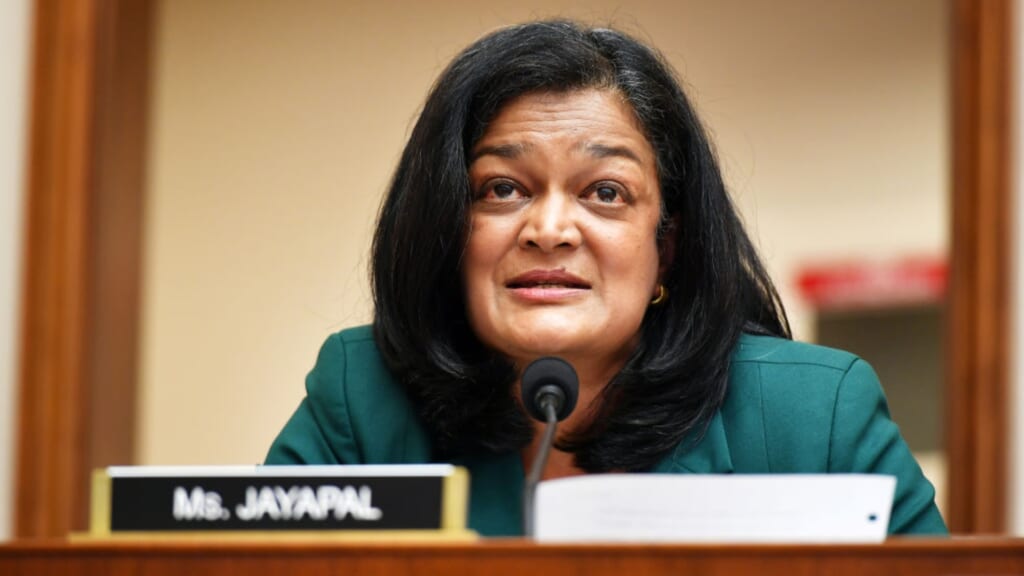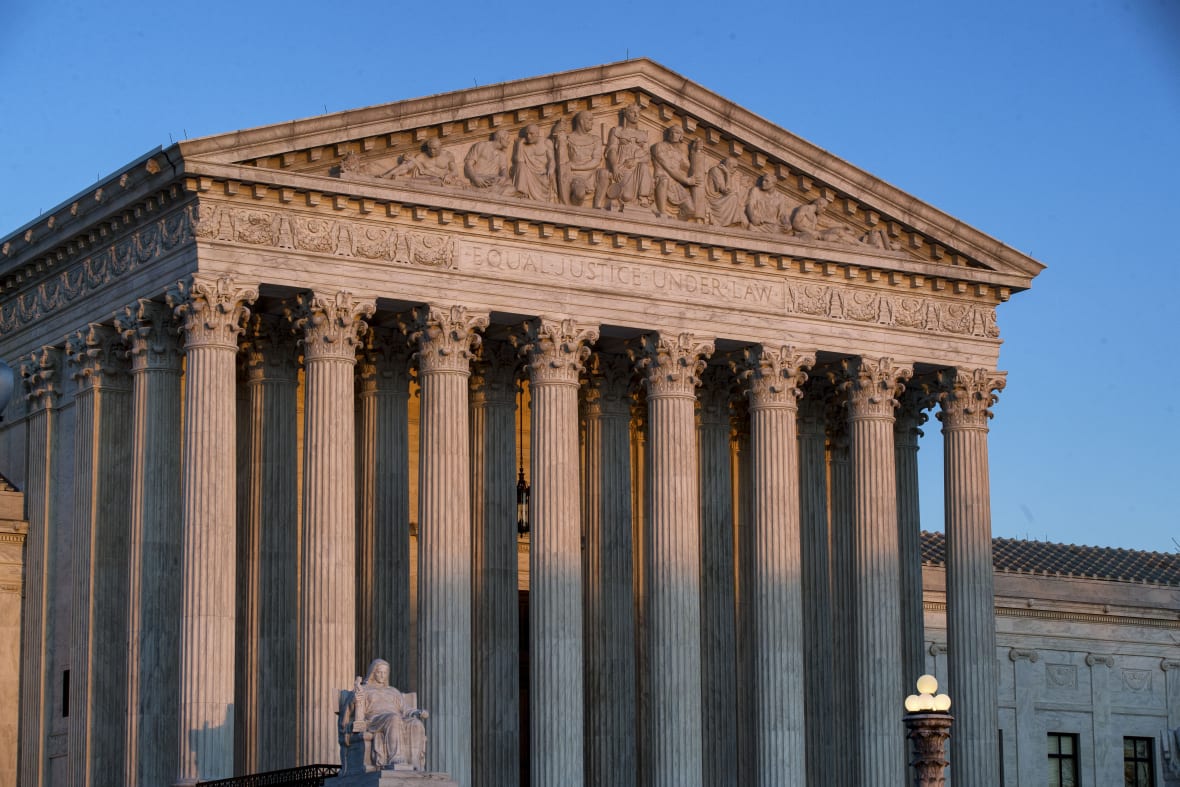Democrats introduce bills to protect school diversity on Brown v. Board of Education anniversary
U.S. Rep. Bobby Scott, D-Va., reintroduced on Wednesday the Strength in Diversity Act and Equity and Inclusion Enforcement Act to mark the 69th anniversary of the landmark Supreme Court ruling.
U.S. Rep. Bobby Scott, D-Va., reintroduced two landmark civil rights bills on the 69th anniversary of the landmark U.S. Supreme Court ruling, Brown v. Board of Education.
Scott announced on Wednesday the reintroduction of the Strength in Diversity Act, which offers federal funding to school districts that increase diversity among the student body and reduce racial or socioeconomic isolation.

Scott argued U.S. public schools are more segregated now than they were in the 1960s, which has had a detrimental impact on minority groups.
In 1954, the Supreme Court ruled that state laws permitting racial segregation in public schools were unconstitutional and violated the 14th Amendment.
Congressman Scott said despite the several decades that have passed since the Supreme Court ruled on desegregating schools, not much has changed. Segregation, he argued, has only taken on different forms.
A study found that, in 2016, schools with a population of mostly minority students were awarded $23 billion less than predominantly white schools. As a result, minority students did not perform well academically when compared to minorities who attended diverse schools.
In a statement exclusively obtained by theGrio, Scott said, “The Strength in Diversity Act would bring us one step closer to delivering on its promise of equity in education.”
U.S. Rep. Pramila Jayapal, D-Wash., who co-sponsored the bill, said that although “substantial gains” have been made in the education system following the ruling in Brown v. Board of Education, more needs to be done.
“Today, our schools are still incredibly segregated, with many gains lost through the decades, including most recently by GOP attacks on diversity and public education,” Jayapal contended.

In recent months, Republican leaders launched attacks against the classroom by passing several bills that infringe on students’ fundamental rights, such as banning books and prohibiting discussions of race and sexuality in schools.
Jayapal said enacting the Strength in Diversity Act would “ensure that everyone can access a quality education, succeed academically, earn more in the future, and advance racial and socioeconomic equity.”
Scott also reintroduced the Equity and Inclusion Enforcement Act (EIEA), which would ensure federally funded programs, such as schools, are providing students with equal opportunities.
The congressman explained: “The Equity and Inclusion Enforcement Act would restore the private right of action for students and parents to hold schools accountable for policies that have a disparate impact and deny students access to a quality education based on race, color or national origin.”

He continued: “This bill also requires that every school has a Title VI monitor to ensure prompt investigations of complaints of discrimination,” in the event a federally funded program is not adhering to the EIEA.”
For instance, if a school disciplined Black students at a higher rate compared to their white counterparts, those students could then file a disparate impact claim against the school. Under the EIEA, it would be the duty of the school to ensure that each student is treated fairly to promote an equal learning opportunity for all.
Rep. Jerrold Nadler, D-N.Y., who co-sponsored the bill, said schools should be a safe place for every student.
“Our schools should be safe spaces for students to learn and prepare to make important contributions to our society, but far too often, students face discrimination in the classroom,” said Nadler.
He continued, “This legislation restores the right of students and their families to hold schools accountable for discrimination and bias with the force of federal law. All students deserve an equal education, and Congress should speed up the passage of this legislation to protect that right.”
Both pieces of legislation were first introduced in 2021. Scott is hopeful that the proposed statutes will pass in the House and the Senate this session.
He said addressing the nation’s history of “racial discrimination is often uncomfortable and complicated.”
“We must confront – not ignore – inequities in education if we are to reckon with this legacy, and overcome a global pandemic that threatens to worsen achievement gaps,” he declared.
TheGrio is FREE on your TV via Apple TV, Amazon Fire, Roku and Android TV. Also, please download theGrio mobile apps today!


